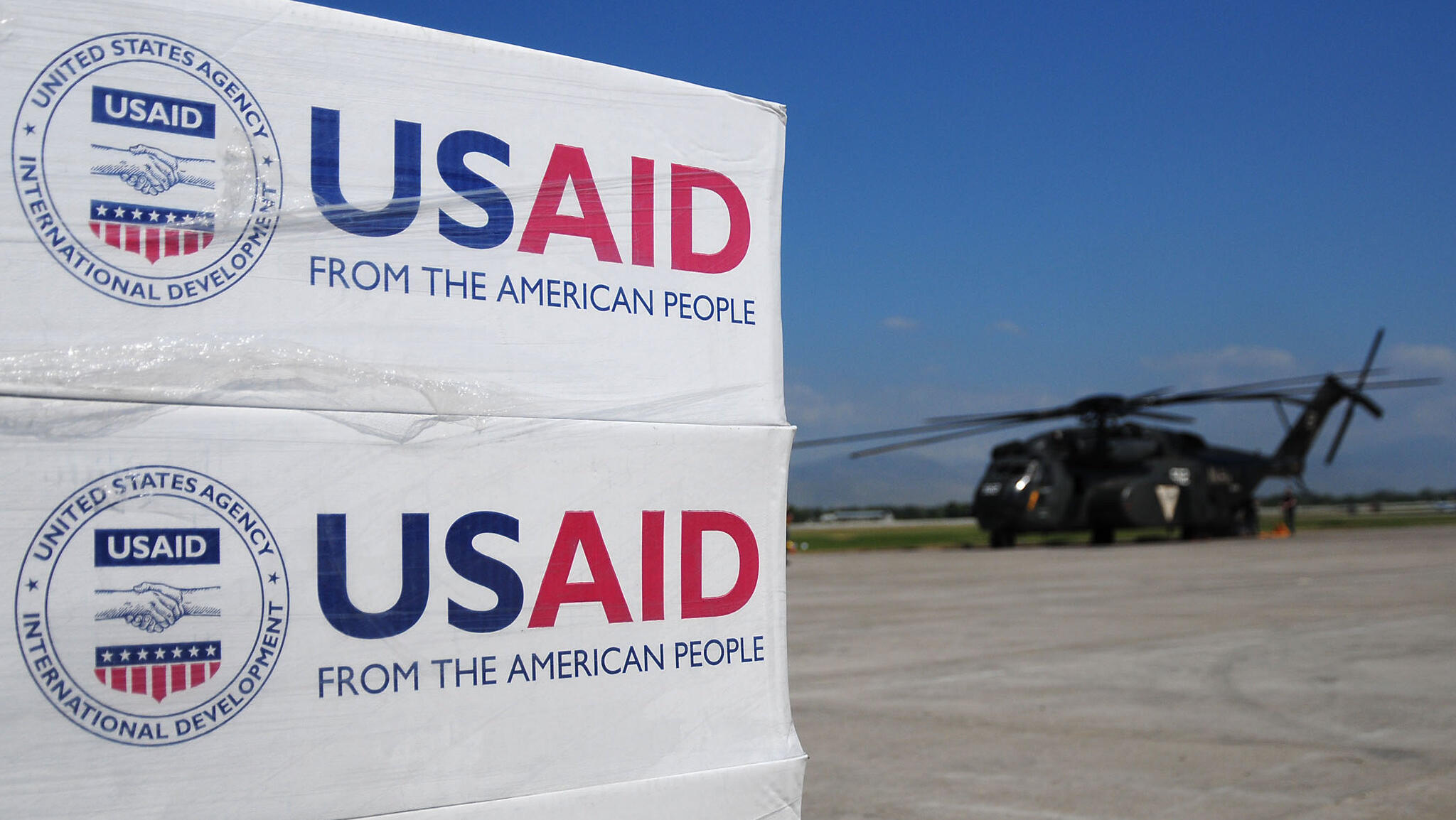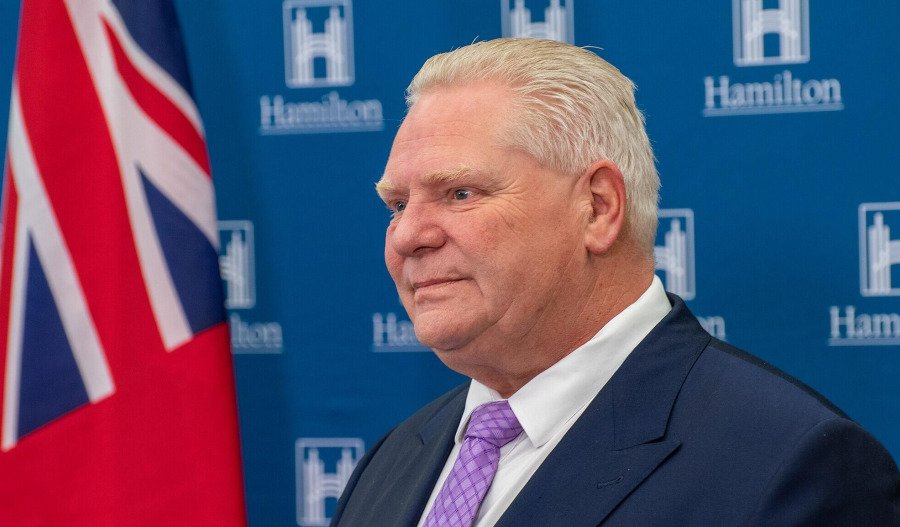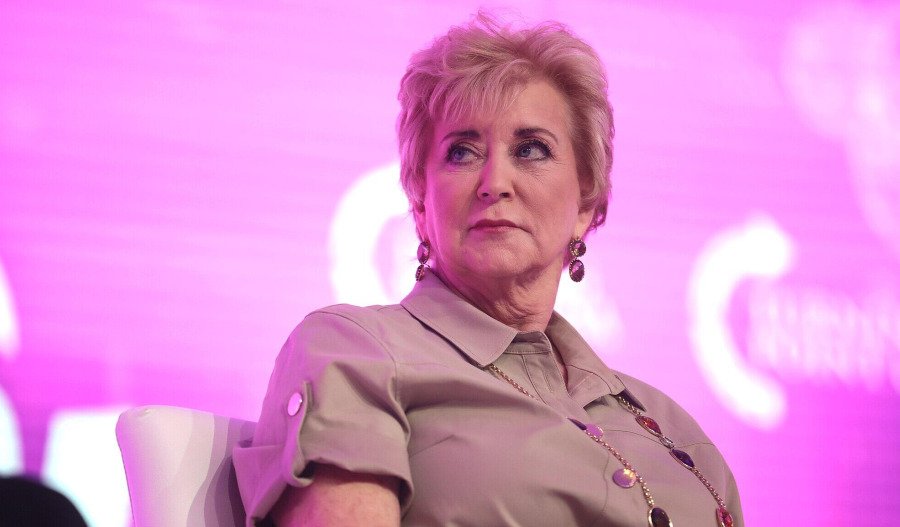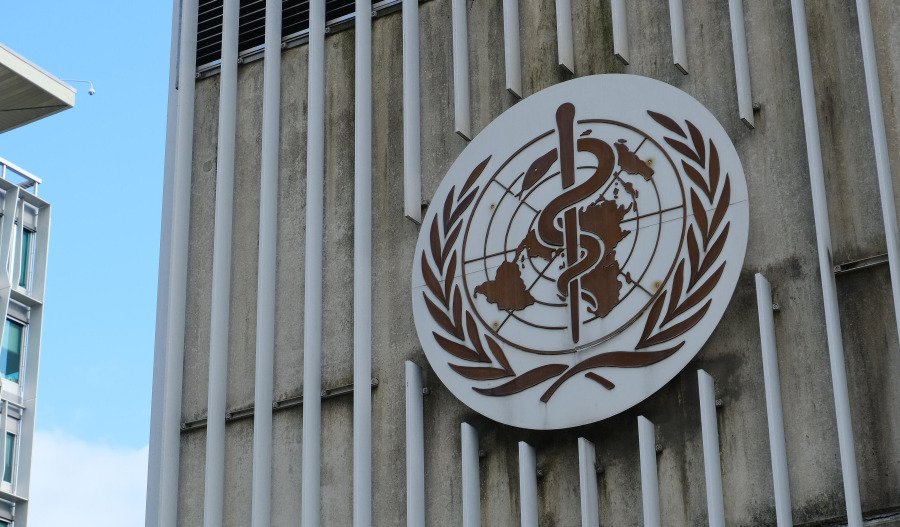A United States federal judge has ruled that the President Donald Trump administration must release nearly US$2 billion (A$3.18 billion) in foreign aid that was withheld from humanitarian organisations, determining that the move likely violated the Constitution.
Judge Amir H. Ali of the U.S. District Court for the District of Columbia prohibited the State Department and the U.S. Agency for International Development (USAID) from “unlawfully impounding congressionally appropriated foreign aid funds” owed to contractors and grant recipients.
The ruling applies to work completed before February 13 but does not reinstate cancelled contracts or require payments for future projects.
“Here, the executive has unilaterally deemed that funds Congress appropriated for foreign aid will not be spent,” Judge Ali wrote.
“The executive not only claims his constitutional authority to determine how to spend appropriated funds, but usurps Congress’s exclusive authority to dictate whether the funds should be spent in the first place.”
The ruling is the latest chapter in an ongoing legal battle over the Trump administration’s push to reduce foreign assistance.
Since taking office, Trump has sought to cut back on international aid, and a freeze on foreign aid funding was put into effect on his first day. Aid organisations have warned that the cuts could lead to severe humanitarian crises by disrupting the supply of food, medicine, and vaccines.
Despite the ruling, the administration retains the authority to cancel future contracts. Judge Ali ruled that the State Department’s decision to terminate thousands of agreements through a contract review process was legal.
While the government must eventually spend the $58 billion in foreign aid appropriated by Congress, it still has discretion over how those funds are allocated.
The order also blocked a 24 January memorandum that sought to reshape and shrink U.S. foreign aid programmes. As a result, the State Department and USAID must process outstanding invoices and pay organisations for work completed before the 13 February cutoff.
The agencies must submit a report by the end of the week detailing how they plan to compensate other affected organisations.
Judge Ali stated that the aid groups suing the government had provided an “unrebutted showing of enormous harm”, as the contract review left them scrambling to sustain lifesaving operations.
Last week, the Supreme Court declined to lift Judge Ali’s order requiring the government to release the funds. The justices voted 5-4 to uphold the decision, but the majority did not provide a written explanation.
However, in a dissenting opinion, Justice Samuel A. Alito Jr., joined by Justices Clarence Thomas, Neil M. Gorsuch, and Brett M. Kavanaugh, argued that the government was likely to win the case on the basis of federal sovereign immunity, which prevents lawsuits demanding payments from the Treasury.
“The government must apparently pay the $2 billion posthaste - not because the law requires it, but simply because a district judge so ordered,” Alito wrote. “As the nation’s highest court, we have a duty to ensure that the power entrusted to federal judges by the Constitution is not abused. Today, the court fails to carry out that responsibility.”



